1. Blasting Music at Odd Hours

Everyone likes to enjoy their favorite songs, but cranking up the volume late at night or early in the morning is an easy way to lose goodwill. Noise travels farther than you think, especially in apartments or houses close together. Neighbors may hesitate to greet you because they associate you with their lost sleep. It’s not about musical taste—it’s about timing and volume.
Even during the day, consistently loud music makes people feel like their own home isn’t a peaceful space. This can lead to resentment, and over time, even polite hellos start to fade. Being mindful with headphones or volume controls can prevent that divide. It’s a small change that keeps neighborly relationships intact.
2. Leaving Trash Around
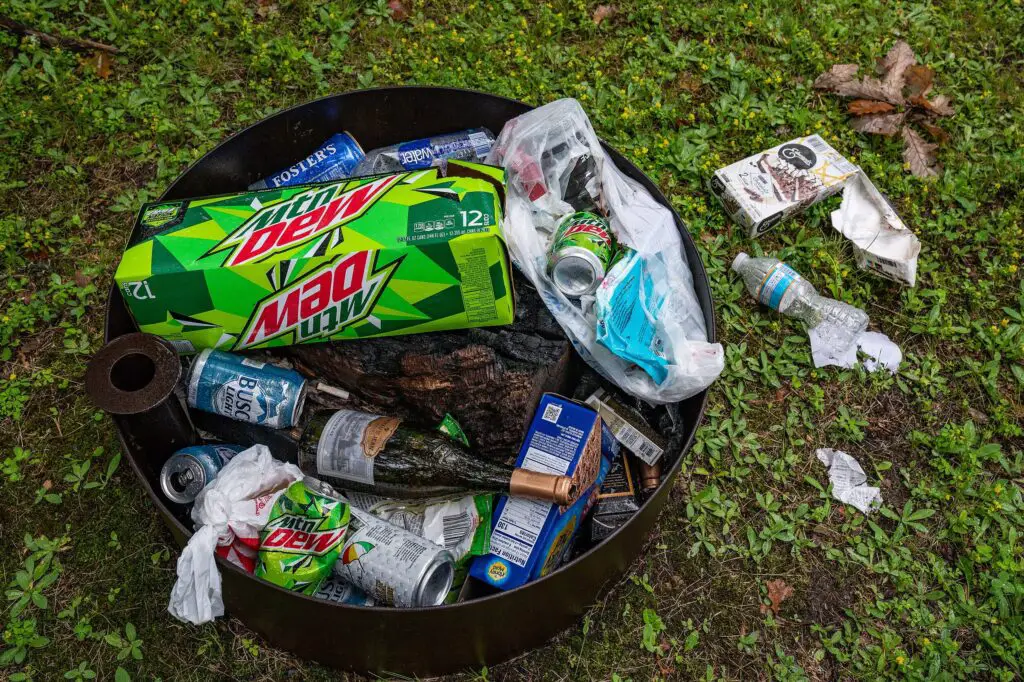
Trash that sits outside your door, on your porch, or near the bins doesn’t just look bad—it smells bad too. Neighbors passing by might feel frustrated when they see (or smell) garbage lingering. It creates an impression that you don’t care about the shared environment. That lack of care often spills over into how people feel about engaging with you.
Pests like raccoons, rodents, or insects are also drawn to unattended trash. This turns a small inconvenience into a neighborhood problem. When neighbors feel they’re cleaning up after you or living with your mess, they start to avoid interaction. Keeping things tidy signals respect and responsibility.
3. Letting Your Dog Bark Nonstop

Dogs are beloved, but constant barking can drive a wedge between people fast. A dog that barks for hours when you’re away creates stress and disrupts peace. Neighbors may start to avoid you because they don’t want to be confrontational. Instead of a friendly hello, they quietly keep their distance.
Addressing barking with training, toys, or dog walkers shows you take it seriously. Many people are forgiving if they see you’re making an effort. The issue isn’t the dog—it’s the sense of neglect that annoys neighbors. Showing care can turn frustration back into friendliness.
4. Parking Inconsiderately

Parking across two spaces, blocking driveways, or consistently taking “prime” spots rubs people the wrong way. It gives the impression that your convenience comes before anyone else’s. Even if you don’t mean harm, it looks inconsiderate. That perception lingers every time they see you.
Parking is often scarce, and frustrations build quickly when someone feels cheated out of access. Over time, this can create silent hostility that shows up in avoidance. A simple adjustment, like checking your lines or respecting boundaries, prevents these issues. Respect for shared space always goes a long way.
5. Ignoring Property Upkeep
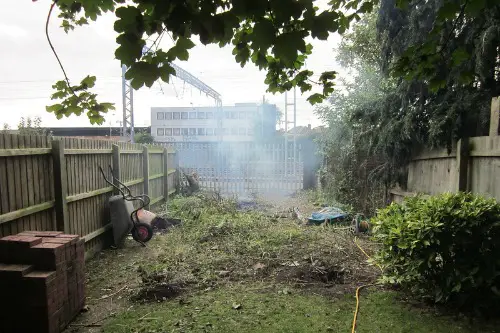
An overgrown lawn, peeling paint, or clutter on the porch can frustrate neighbors. It doesn’t just affect your house—it impacts the look of the entire block. People may associate you with being careless or indifferent. This perception can be enough for them to avoid casual greetings.
Curb appeal matters because it contributes to a sense of pride in the neighborhood. Even if people don’t say it, they notice when someone drags the area down. Doing small, regular upkeep tasks shows you’re part of the community. Neighbors feel more comfortable engaging when they see mutual effort.
6. Constant Complaining

Some people turn every passing hello into a chance to vent. While it’s natural to want to share frustrations, doing it constantly wears others down. Neighbors may start dodging you to avoid another negative conversation. It’s not that they don’t care—it’s that it becomes emotionally draining.
Even small complaints, repeated often, create an impression of chronic dissatisfaction. People crave positivity in casual interactions, especially in their own neighborhood. Balancing frustrations with light, friendly chats keeps things healthier. Everyone prefers to be greeted with warmth rather than a storm cloud.
7. Not Controlling Kids in Shared Spaces
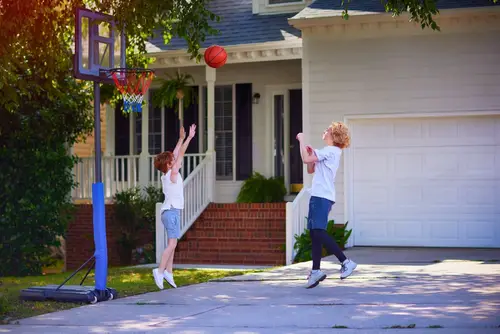
Children naturally play and make noise, which most neighbors understand. But when kids run wild in shared hallways, yards, or parking areas without supervision, it causes frustration. Toys left scattered or damage caused during play can spark silent resentment. Over time, neighbors avoid interaction to keep the peace.
Parents who step in to set limits or clean up afterward show consideration. It’s not about kids being kids—it’s about how the impact is managed. Respectful boundaries help everyone coexist peacefully. When neighbors see effort, they’re more likely to stay friendly.
8. Borrowing Without Returning
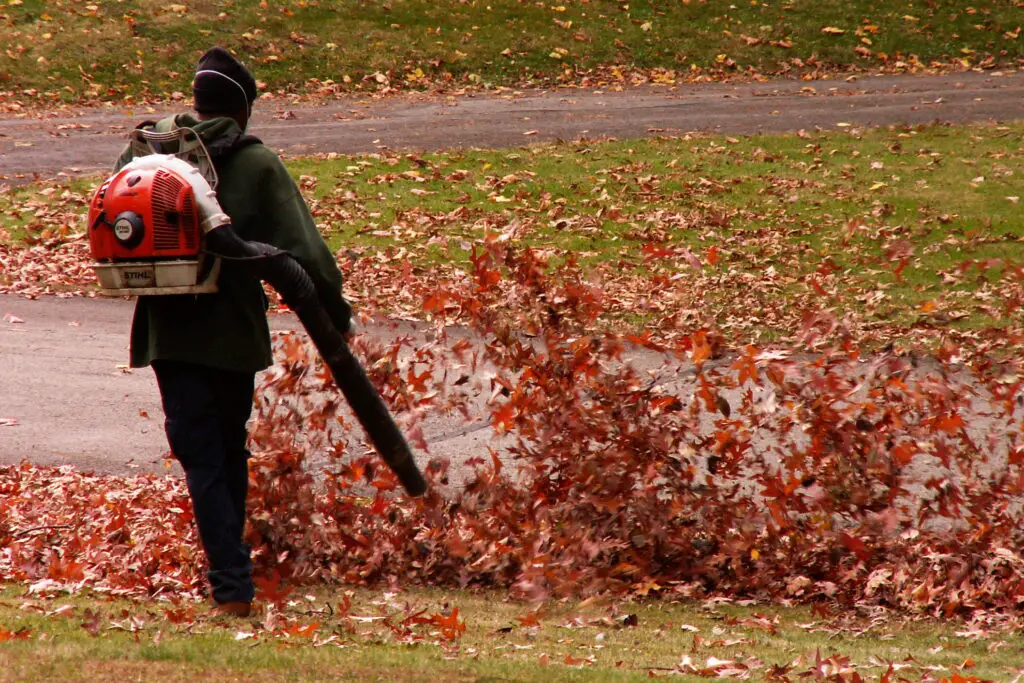
Borrowing a ladder, tools, or even a cup of sugar seems harmless. But when those items never make it back, it creates mistrust. Neighbors may hesitate to say hello because they’re reminded of what they lost. The small favor feels like it turned into a one-sided transaction.
Returning borrowed items quickly builds goodwill. People are often happy to lend again if they know you’ll treat their things with respect. Without that, every interaction feels awkward. The simple act of returning items keeps relationships neighborly.
9. Ignoring Greetings First
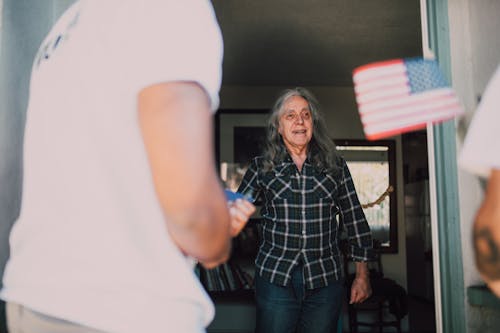
It seems minor, but consistently not acknowledging a neighbor’s hello sends a message. People start to feel slighted or invisible, even if you’re just distracted. Over time, they stop trying altogether. What could have been an easy wave turns into a wall of silence.
Human connection thrives on small gestures like eye contact and a smile. Even a quick nod signals friendliness. When those signals are absent, people assume you’re uninterested. That assumption often leads to avoidance on their part too.
10. Spreading Gossip

Talking about one neighbor to another can backfire quickly. Word tends to travel, and people may wonder what you say about them behind their back. That suspicion can make interactions awkward and chilly. Instead of a greeting, they might give you a wide berth.
Communities work best when trust is strong. Gossip erodes that trust, even if it starts as harmless chatter. Staying positive in conversations helps maintain goodwill. It’s a simple choice that encourages friendly connections instead of avoidance.
11. Using Shared Areas as Storage

Hallways, laundry rooms, or yards aren’t the place for long-term storage. Leaving bikes, boxes, or old furniture in these spots makes others feel crowded. It also creates safety hazards, which neighbors may quietly resent. Every time they pass the clutter, it’s a reminder of inconsideration.
Respecting shared spaces signals cooperation and thoughtfulness. When people see you keeping areas clear, they feel more inclined to greet you. But if they associate you with obstacles and mess, they’d rather keep walking. Orderly habits make for friendlier neighbors.
12. Skipping Basic Courtesy

Slamming doors, letting deliveries pile up, or ignoring quiet hours all fall into this category. These are small habits, but together they add up. Neighbors may not confront you directly, but they’ll slowly withdraw from interaction. Avoidance becomes their way of maintaining peace.
Courtesy doesn’t require much effort—just awareness of how actions affect others. A little mindfulness about noise, clutter, and respect goes a long way. People remember how you make them feel in small, everyday moments. Consistency in courtesy creates lasting neighborly warmth.
This post 12 Everyday Habits That Make Neighbors Avoid Saying Hello was first published on Greenhouse Black.
